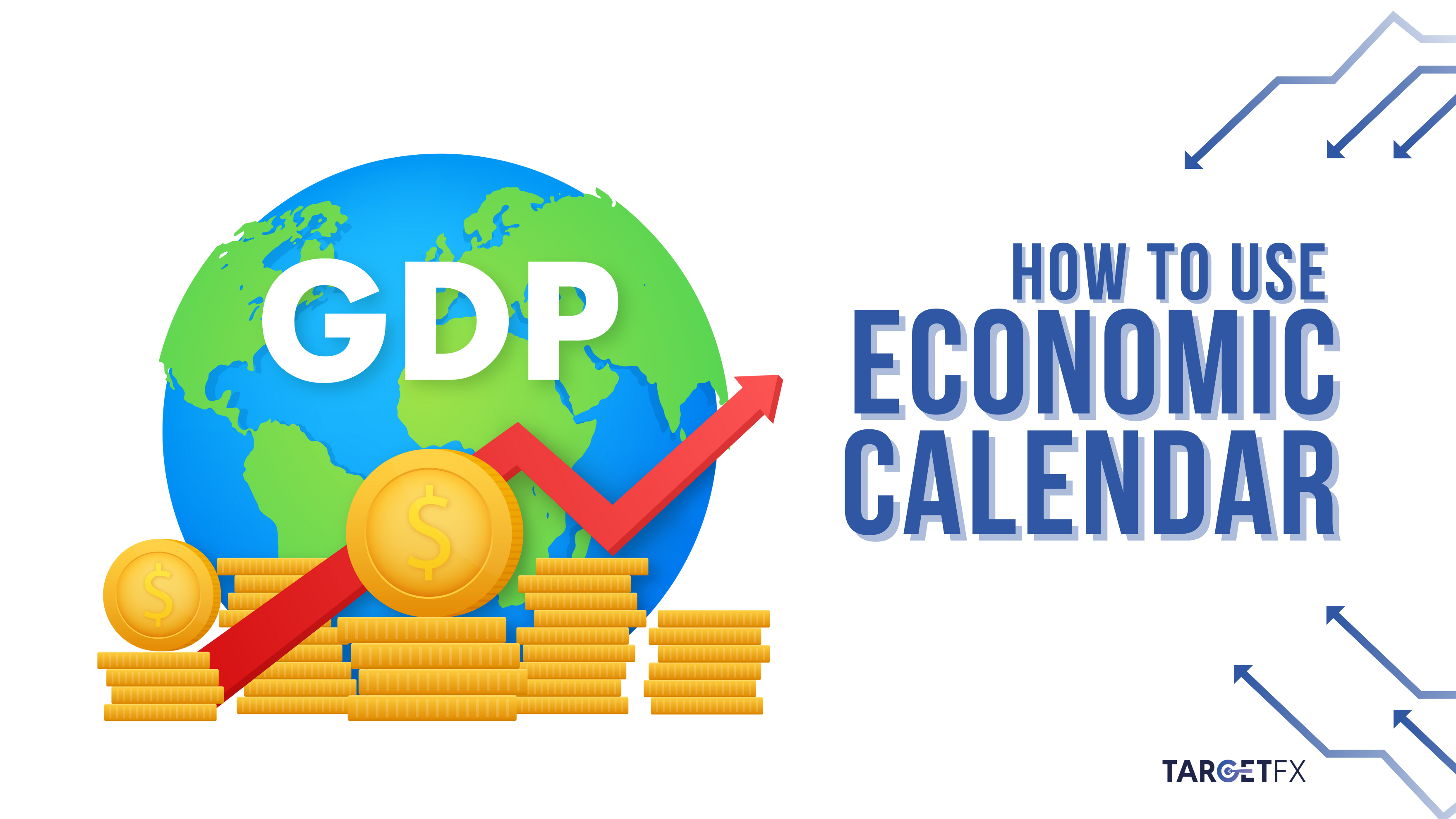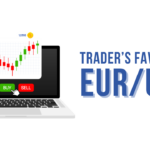Introduction
Staying ahead of the curve in the trading world requires not just skill but also timely information. One powerful tool that traders of all types rely on is the economic calendar. But what exactly is it, and why does it matter so much for traders? Let’s dive into how the economic calendar can become a trader’s best friend in navigating the often unpredictable financial markets.
What is an Economic Calendar?
An economic calendar is a tool used by traders to track major economic events and data releases that may impact the financial markets. These events could include government reports on unemployment, inflation, interest rate decisions, and GDP growth. The economic calendar provides details on the timing and importance of these events, allowing traders to anticipate market moves.
Why is the Economic Calendar Important for Traders?
The economic calendar is important for traders because it provides insight into upcoming events that may influence market sentiment. For example, a Federal Reserve interest rate announcement can cause currency, stock, and commodity markets to move sharply. Knowing when these events will occur helps traders adjust their strategies, avoid unnecessary risks, and even seize opportunities when markets react.
Key Events on the Economic Calendar
The economic calendar is packed with various reports and events, but some have a more significant impact on the markets than others. Here are a few key events that traders should keep an eye on:
- Central bank meetings: Decisions on interest rates can shift markets dramatically.
- Employment reports: Data such as the U.S. Nonfarm Payrolls provide insights into economic health.
- Inflation data: Indicators like the Consumer Price Index (CPI) signal rising or falling inflation.
- GDP releases: A country’s economic growth is measured through Gross Domestic Product (GDP) data, which can affect everything from currencies to stocks.
How to Read an Economic Calendar
An economic calendar might seem overwhelming at first glance, but it’s simple once you understand its structure. Most calendars provide the following information:
- Date and time of events: This helps you know exactly when each event will take place.
- Event importance levels: Usually labeled as low, medium, or high impact, these ratings indicate the potential influence of the event on the market.
- Affected currency/market: Each event usually has a connection to a specific currency or market, which helps traders focus on the most relevant data for their trades.
Planning Your Trades Around the Economic Calendar
Successful traders don’t just react to the news; they plan for it. The economic calendar allows traders to prepare by analyzing historical data and forecasts. For example, if inflation data is expected to show a sharp increase, traders can adjust their positions in anticipation of market movements.
Using the Economic Calendar for Short-Term Trading
For day traders or those who rely on short-term strategies, the economic calendar is essential for trading the news. Short-term traders aim to capitalize on the immediate market reaction to events. Whether it’s a sudden spike in currency volatility after an interest rate announcement or a stock price shift due to earnings reports, knowing when these events occur is key to making quick, informed trades.
Economic Calendar for Long-Term Trading
Long-term traders and investors also use the economic calendar but in a different way. They focus on big-picture events like GDP growth and employment trends that can indicate the overall direction of the economy. These trends help them determine when to enter or exit trades or adjust long-term investment portfolios.
Tools and Platforms Offering Economic Calendars
There are numerous tools and platforms offering economic calendars to traders. Some of the most popular include:
- TradingView: Offers a customizable economic calendar.
- Investing.com: Provides a comprehensive calendar with event impact ratings.
- MetaTrader: Integrates an economic calendar directly into the trading platform, Register Now
These platforms allow traders to filter events by importance, region, and currency, making it easier to focus on what matters most.
Common Mistakes Traders Make Using the Economic Calendar
Despite its usefulness, many traders make mistakes when using the economic calendar. Some of the most common errors include:
- Misinterpreting data: It’s essential to understand the context of the event and how the market might react.
- Overreacting to low-impact events: Not all events move the markets. Traders should focus on high-impact data that has a proven track record of causing volatility.



